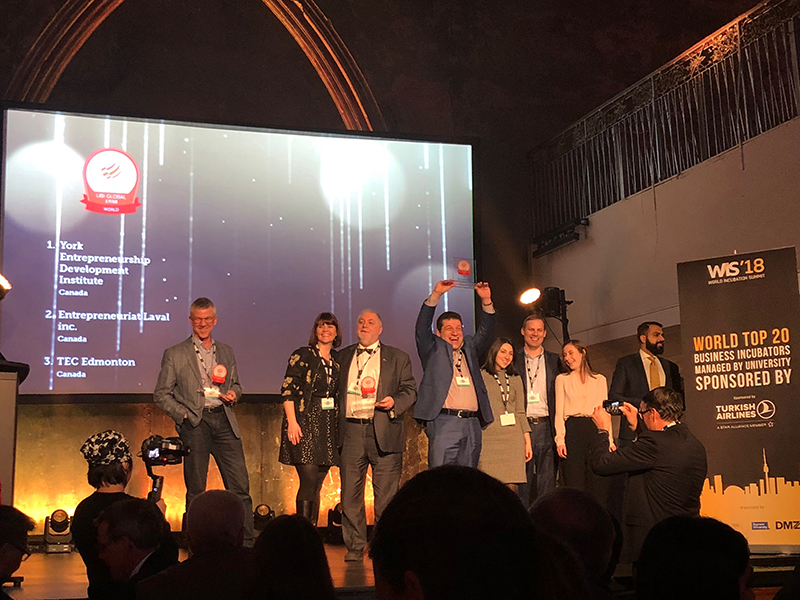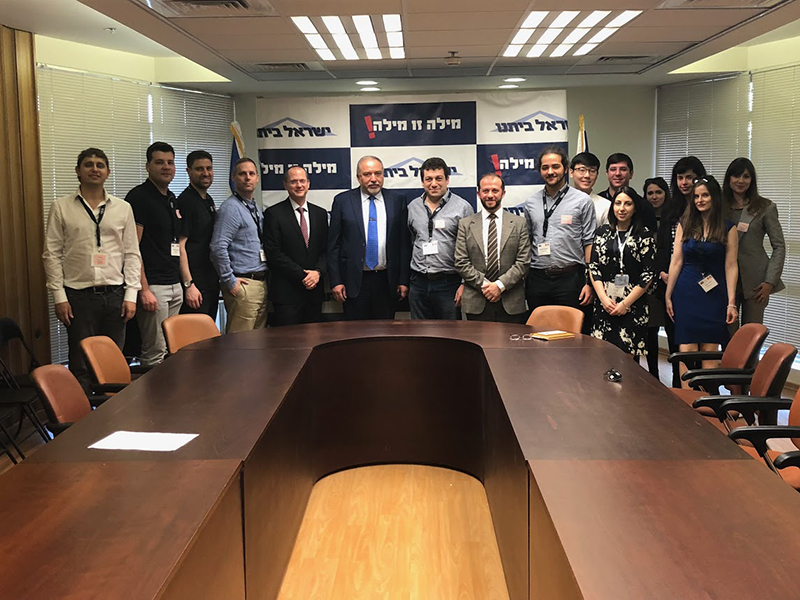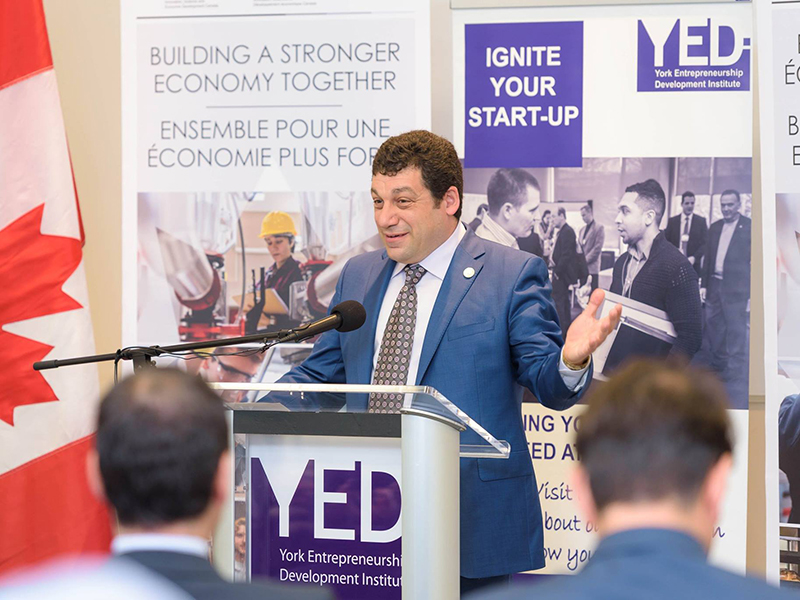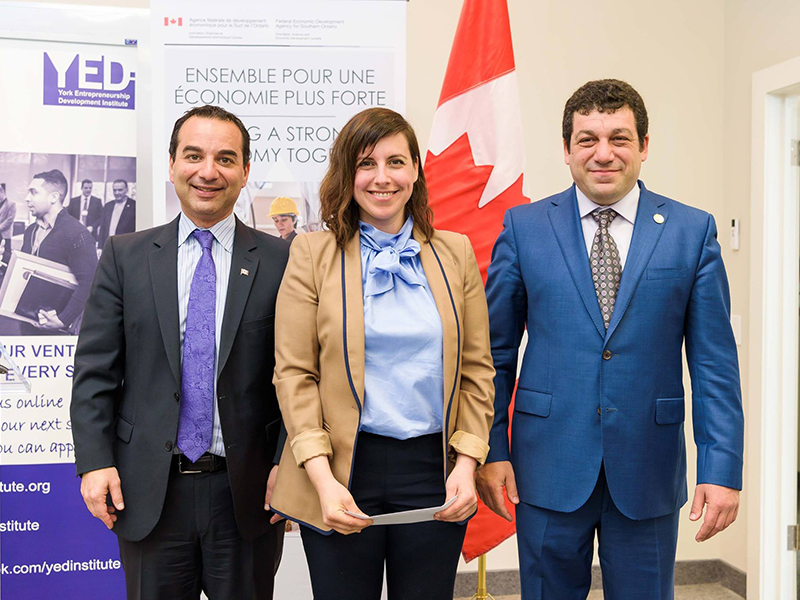A Canadian business accelerator continues to receive top marks for being one of the best in the world.
Two years ago, UBI Global, a Swedish data and advisory firm, designated the Toronto-based York Entrepreneurship Development Institute (YEDI) as one of the top three accelerators of its kind in North America, falling short, however, of the top 10 worldwide.
This year, things turned out differently. UBI recently ranked YEDI the number 1 university-linked business accelerator in the world.
READ: YEDI HOLDS TWO-WEEK ENTREPRENEURSHIP PROGRAM IN ARIEL
According to UBI Global, “a top university-linked incubation program is a business incubator or accelerator connected to an institution of higher education that achieves outstanding impact and performance relative to its global peers. The program outperforms its global peers with regard to the value it provides to its innovation ecosystem and its client startups, as well as the attractiveness of the program itself.”
This doesn’t come as much of a surprise to Marat Ressin. The Russian-born businessman, who’s the founder and president of YEDI, promoted his vision that with the right education, mentoring and financing, Canadian entrepreneurs could produce world-class business ideas that fill a need, make money and create jobs.
YEDI was founded in 2013 as a start-up accelerator, to kick start the careers of entrepreneurs with good ideas, by providing high-end business education (at the Schulich Executive Education Centre at York University), mentoring and access to investors.

Originally marketed to the Russian Jewish community with the support of the Russian Jewish Community Centre, it has expanded its reach to the wider Jewish community and the broader public, as well. It has also found a footing outside of Canada, bringing the YEDI model to Russia, Chile and other countries, including Israel.
Ressin said YEDI’s “survival rating,” the number of its students who have gone on to success, stands at a remarkable 87 per cent, “much higher than the average.”
Since its inception, some 500 people have gone through the program, studying for one semester at York and then developing their product, often in one of two facilities that YEDI maintains in northern Toronto.

Fifteen students in two cohorts per year advance through the program, but for every student who’s accepted, there are 33 applicants, Ressin said.
“We’ve become very popular. We have good results and now we are able to give grants,” Ressin said.
One of YEDI’s successful grads developed Ivory Digital Denture, a company that builds dentures using 3D printers.

Another is Tapmango, which runs a customer loyalty program.
In March, YEDI embarked on a global mission, with the support of the government of Ontario, to bring 10 Canadian start-ups to Israel for one month. There, they connected with Israeli business leaders and government officials.
“We had unbelievable results,” Ressin said. New agreements valued at $7.35 million were signed between YEDI, the Canadian participants and Israeli ventures and organizations. A further $580,000 in new investments was secured.

Last summer, three professors and communications experts from YEDI held a two-week course at Ariel University, which was attended by 15 students from a variety of fields.
Following the educational portion of the program, they held a venture fair to show off their products, which ranged from a virtual baby gate, to sensors that detect drowning swimmers.
Ressin said that YEDI plans to run an international business program at Ariel University in its own dedicated building, which will be geared toward people from the settlements and local Palestinians.
Business connects people. Jobs make people behave well. It’s very important.
– Marat Ressin
Because of its location, Palestinians will be able to participate in the school’s programs and that can have positive results, Ressin said.
“Business connects people. Jobs make people behave well. It’s very important,” he stated.
So far, YEDI has raised about half the projected $6-million cost of the new facility and is looking for financial commitments from supporters.
